Stunning Companion Plants For Orange Rocket Barberry
Stunning Companion Plants for Orange Rocket Barberry
Orange Rocket barberry is a beautiful and versatile shrub that can add a touch of brightness to any garden. Its vibrant orange foliage is eye-catching in the spring and summer, and it turns a fiery red in the fall. Orange Rocket barberry is also relatively easy to care for, making it a great choice for even novice gardeners.
One of the best things about Orange Rocket barberry is that it can be paired with a variety of other plants to create stunning and harmonious gardenscapes. Here are a few of our favorite companion plants for Orange Rocket barberry:
- Evergreens: Evergreens provide year-round interest and contrast with the bright orange foliage of Orange Rocket barberry. Some good choices include boxwood, holly, and juniper.
- Ornamental grasses: Ornamental grasses add movement and texture to the garden, and they can help to soften the edges of Orange Rocket barberry. Some good choices include miscanthus, fountain grass, and sedge.
- Perennials: Perennials offer a wide range of colors, textures, and heights, so you can find the perfect ones to complement Orange Rocket barberry. Some good choices include sedum, salvia, and rudbeckia.
- Annuals: Annuals add a touch of color and interest to the garden, and they can be used to fill in gaps or create seasonal displays. Some good choices for Orange Rocket barberry include marigolds, cosmos, and sunflowers.
When choosing companion plants for Orange Rocket barberry, it is important to consider the following factors:
- Sunlight: Orange Rocket barberry needs full sun to thrive. Make sure to choose companion plants that also prefer full sun.
- Soil type: Orange Rocket barberry is not too fussy about soil type, but it does best in well-drained soil. Avoid planting it in soggy or poorly drained soil.
- Water needs: Orange Rocket barberry is drought-tolerant once established, but it does need regular water during the first year after planting.
- Height: Orange Rocket barberry grows to be about 4-5 feet tall and 2-3 feet wide. Make sure to choose companion plants that are a similar height or that will not outgrow Orange Rocket barberry.
With a little planning, you can create a stunning and harmonious gardenscape with Orange Rocket barberry and the right companion plants.
Here are some additional tips for choosing companion plants for Orange Rocket barberry:
- Consider the color scheme of your garden. Orange Rocket barberry has bright orange foliage, so you'll want to choose companion plants that will complement its color. Some good choices include blue, purple, and yellow plants.
- Think about the texture of your garden. Orange Rocket barberry has smooth, glossy leaves. You can add interest to your garden by choosing companion plants with different textures, such as ferny leaves or spiky leaves.
- Consider the size of your garden. If you have a small garden, you'll want to choose companion plants that are not too tall or too wide. Some good choices for small gardens include dwarf boxwood, creeping thyme, and sedum.
- Have fun! There are no hard and fast rules when it comes to choosing companion plants. Experiment with different combinations until you find something that you love.
FAQ of orange rocket barberry companion plants
Q: What are some good companion plants for orange rocket barberry?
A: Orange rocket barberry is a drought-tolerant shrub that can thrive in full sun. It is a good choice for borders, hedges, or as a specimen plant. Some good companion plants for orange rocket barberry include:
- Sedums: Sedums are a type of succulent that come in a variety of colors and textures. They are low-maintenance and drought-tolerant, making them a good match for orange rocket barberry.

- Junipers: Junipers are evergreen shrubs that come in a variety of sizes and shapes. They are also drought-tolerant and can provide year-round interest in the garden.
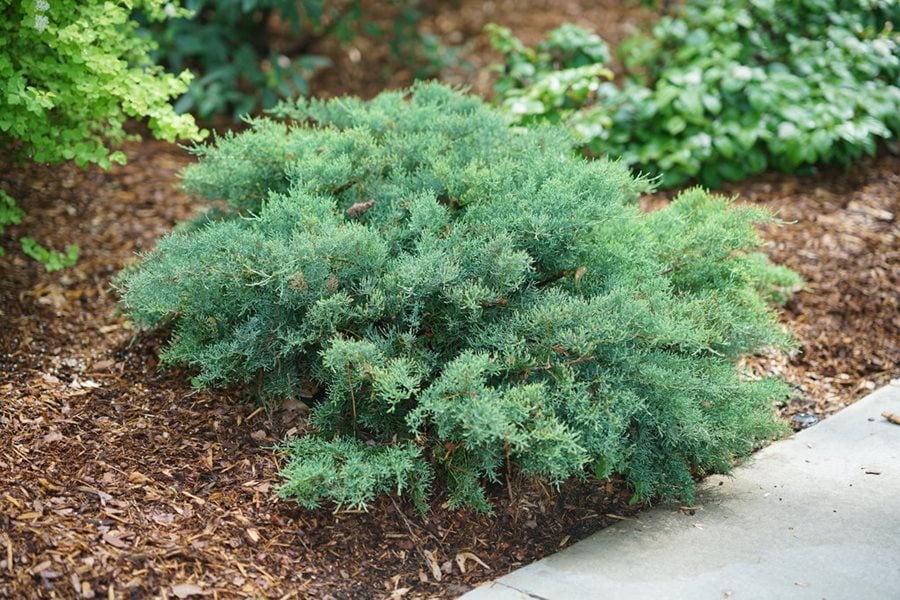
- Ornamental grasses: Ornamental grasses add height and movement to the garden. They are also drought-tolerant and can provide a touch of texture and interest.
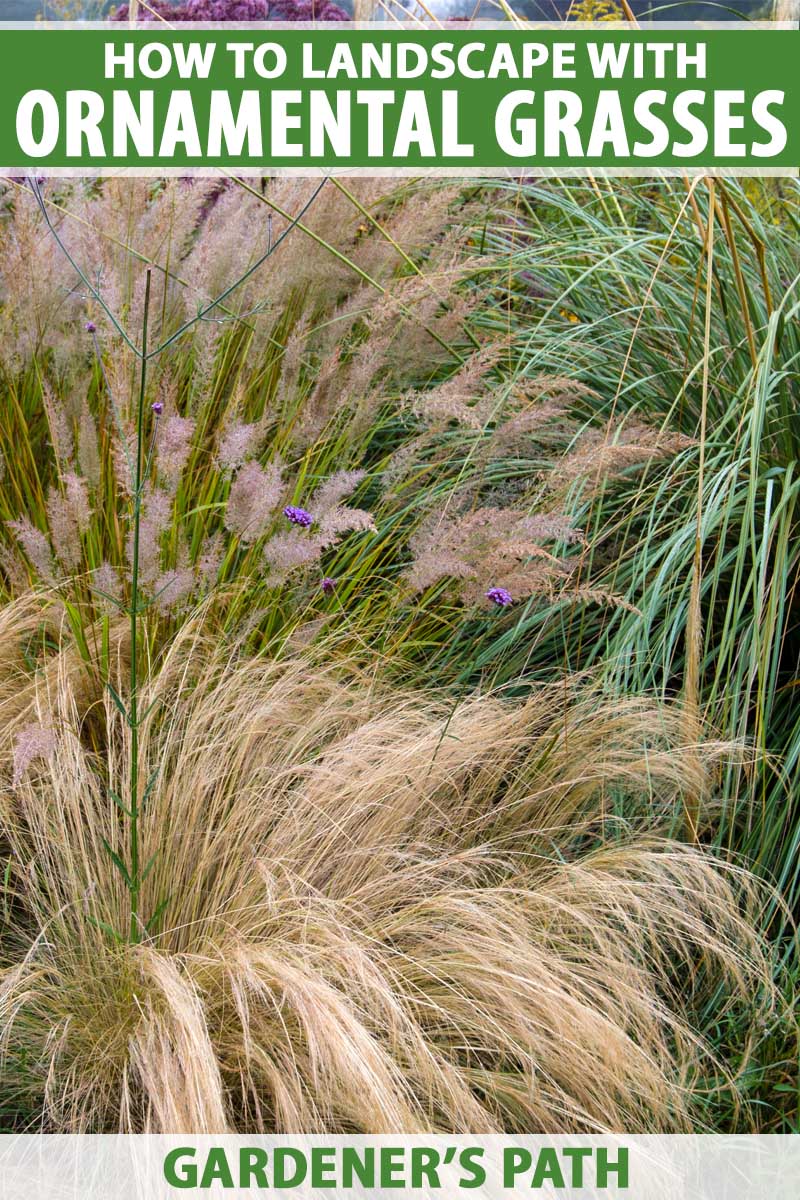
- Yuccas: Yuccas are spiky succulents that are drought-tolerant and heat-tolerant. They can add a touch of the desert to the garden.
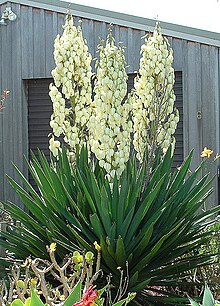
- Perennials: There are many perennials that can be paired with orange rocket barberry. Some good choices include coreopsis, echinacea, and salvia.
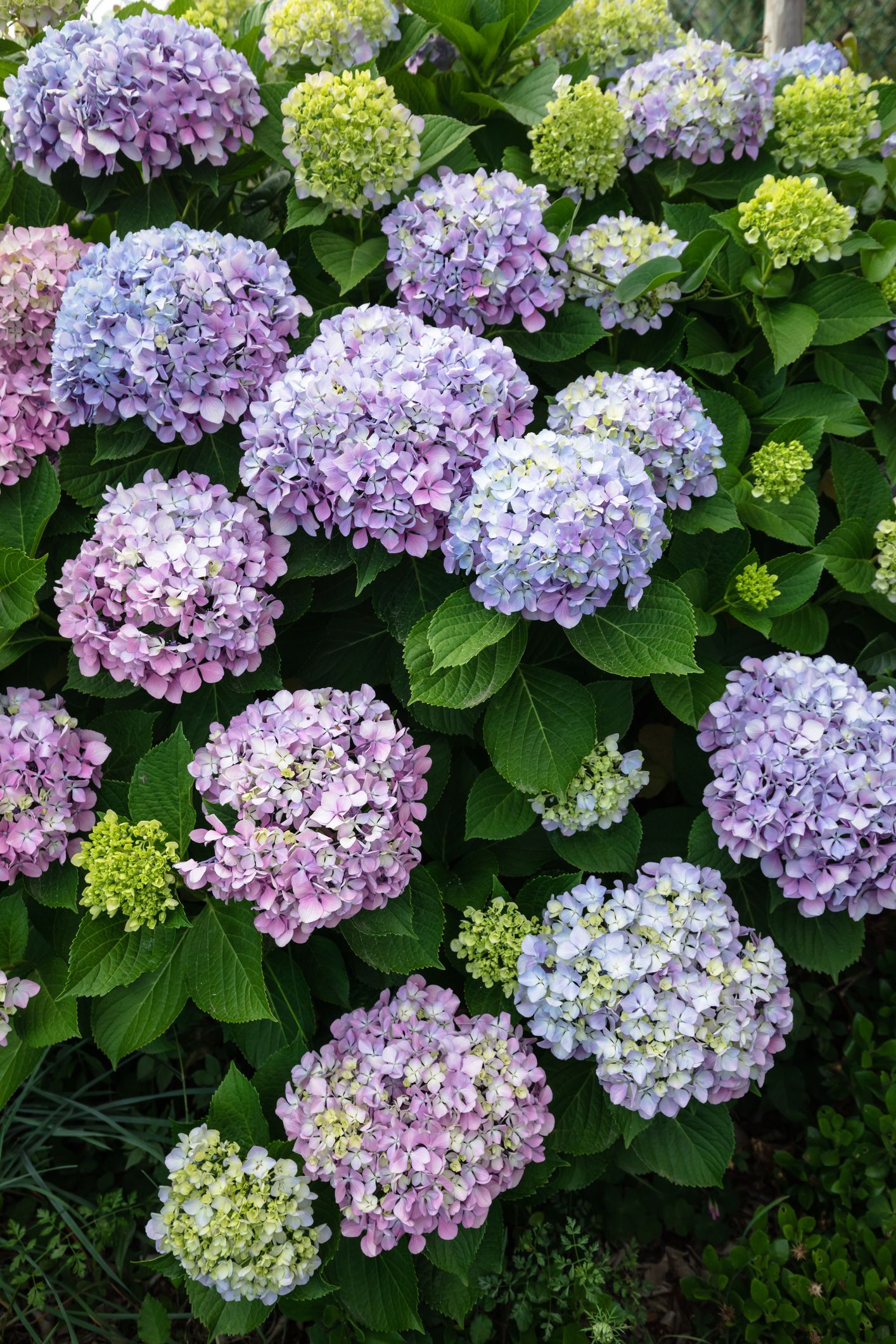
Q: How far apart should I plant orange rocket barberries?
A: Orange rocket barberries should be planted 2-3 feet apart, center to center. This will give them enough room to grow and spread. If you are planting them as a hedge, you can plant them closer together, about 18 inches apart.
Q: What are some tips for caring for orange rocket barberry?
A: Orange rocket barberry is a low-maintenance shrub, but there are a few things you can do to keep it looking its best:
- Water it regularly, especially during the first year after planting.
- Fertilize it in the spring with a balanced fertilizer.
- Prune it in the spring to remove any dead or damaged branches.
- Protect it from deer and rabbits with fencing or netting.
Q: What are some common problems with orange rocket barberry?
A: Orange rocket barberry is relatively problem-free, but there are a few things to watch out for:
- Leaf spot: This is a fungal disease that can cause brown spots on the leaves. It can be treated with a fungicide.
- Scale insects: These small insects can suck the sap from the leaves, causing them to wilt and drop. They can be controlled with insecticidal soap or neem oil.
- Deer and rabbits: These animals can eat the leaves and bark of orange rocket barberry. Fencing or netting can help to protect it from them.
Q: Where can I buy orange rocket barberry?
A: Orange rocket barberry is available at most garden centers and online retailers.
Image of orange rocket barberry companion plants
5 different images of "orange rocket barberry companion plants" from Pinterest:
- Everillo Carex
 This evergreen sedge has bright yellow foliage that contrasts nicely with the orange leaves of the orange rocket barberry. It's also a low-maintenance plant that's drought-tolerant and deer-resistant.
This evergreen sedge has bright yellow foliage that contrasts nicely with the orange leaves of the orange rocket barberry. It's also a low-maintenance plant that's drought-tolerant and deer-resistant. - Sunshine Ligustrum
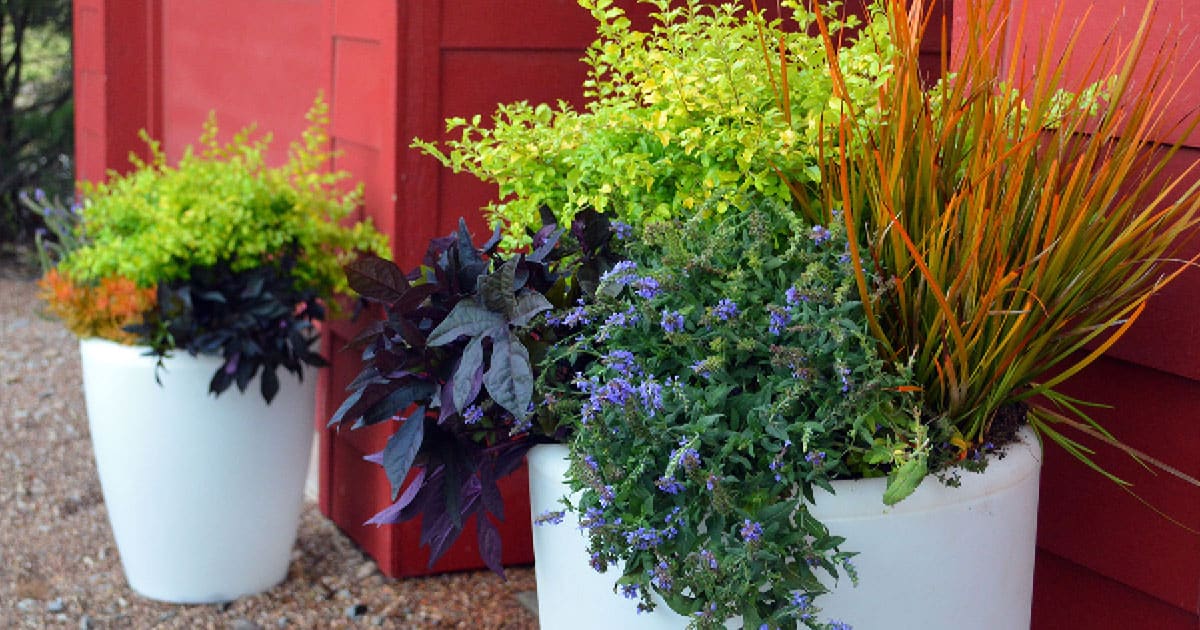 This evergreen shrub has bright yellow foliage that turns orange in the fall. It's also a fast-growing plant that can be used to create a privacy screen or hedge.
This evergreen shrub has bright yellow foliage that turns orange in the fall. It's also a fast-growing plant that can be used to create a privacy screen or hedge. - Lemon Lime Nandina
 This deciduous shrub has bright yellow and green foliage that turns orange in the fall. It's also a low-maintenance plant that's deer-resistant.
This deciduous shrub has bright yellow and green foliage that turns orange in the fall. It's also a low-maintenance plant that's deer-resistant. - Purple Diamond Loropetalum
 This evergreen shrub has dark purple foliage that contrasts nicely with the orange leaves of the orange rocket barberry. It's also a low-maintenance plant that's drought-tolerant.
This evergreen shrub has dark purple foliage that contrasts nicely with the orange leaves of the orange rocket barberry. It's also a low-maintenance plant that's drought-tolerant. - Dwarf Alberta Spruce
 This evergreen tree has dark green foliage that provides a backdrop for the orange leaves of the orange rocket barberry. It's also a slow-growing tree that can be used as a specimen plant or in a hedge.
This evergreen tree has dark green foliage that provides a backdrop for the orange leaves of the orange rocket barberry. It's also a slow-growing tree that can be used as a specimen plant or in a hedge.
Post a Comment for " Stunning Companion Plants For Orange Rocket Barberry"